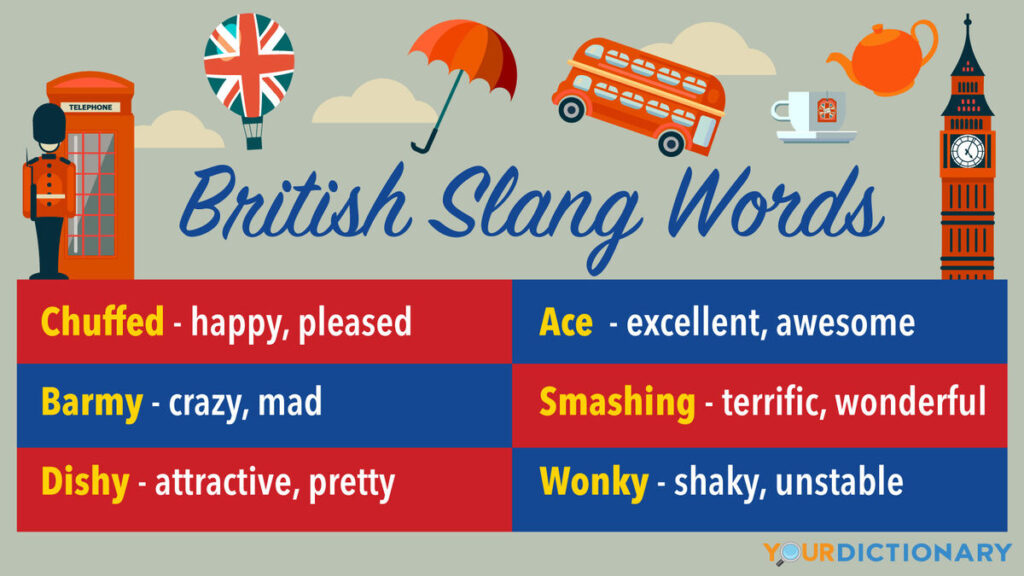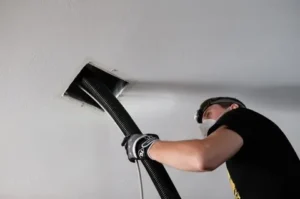
The English language is full of unique variations depending on where it’s spoken—and nowhere is this more noticeable than in the UK. British slang is colorful, witty, and at times confusing for outsiders. Whether you’re traveling to the UK, watching British TV shows, or chatting with British friends online, this British slang guide will help you decode popular expressions and use them confidently.
What Is British Slang?
British slang refers to informal words and phrases commonly used in the United Kingdom. These expressions often reflect regional culture, humor, and history, making them an important part of British identity.
How It Differs from American Slang
While both versions of English share some vocabulary, British slang can be drastically different from American slang. For example, where an American might say “cool,” a Brit might say “brilliant” or “ace.”
Common British Slang Words and Their Meanings
Here are some of the most popular and widely-used British slang terms:
Everyday Expressions
-
Cheers – Used instead of “thank you” or sometimes as a casual goodbye.
-
Mate – A friend or buddy. Commonly heard: “Alright, mate?”
-
Fancy – To like or be attracted to someone: “I fancy her.”
-
Knackered – Extremely tired: “I’m absolutely knackered after work.”
Describing People
-
Bloke – A man: “He’s a nice bloke.”
-
Lad/Lass – Boy/girl or young man/woman.
-
Chav – A stereotype for someone perceived as lower class and flashy.
-
Posh – Someone or something perceived as upper-class or elegant.
Insults and Light Banter
-
Muppet – A foolish person: “Don’t be such a muppet.”
-
Wanker – A rude term for an annoying or arrogant person.
-
Pillock – A silly or foolish person.
-
Git – An annoying or unpleasant person, often used jokingly.
Regional Slang: From London to Liverpool
The UK has many regional dialects, each with its own slang.
Cockney Rhyming Slang (London)
-
Apples and pears – Stairs
-
Dog and bone – Phone
-
Trouble and strife – Wife
Scouse Slang (Liverpool)
-
Sound – Good or okay: “You’re sound, mate.”
-
Boss – Excellent: “That meal was boss.”
Geordie Slang (Newcastle)
-
Whey aye – Yes, of course
-
Canny – Nice or pleasant
-
Bairn – Child
British Slang in Pop Culture
British films, music, and TV series have made slang phrases more recognizable worldwide.
From TV Shows and Movies
Shows like The Inbetweeners, Peaky Blinders, and Love Island are full of slang expressions that give you a feel for how Brits really talk.
In Music
British artists like Adele, Stormzy, and Ed Sheeran often sprinkle regional slang into their lyrics, giving global audiences a taste of local lingo.
When (and When Not) to Use British Slang
Using British slang can make your conversations more casual and relatable, but it’s important to know when it’s appropriate.
Use It Casually
It’s perfect for informal chats, texts, or friendly banter. Brits often use slang with friends and family but not in formal settings.
Be Aware of Tone
Some slang words can be playful or offensive depending on the tone and context—so use them carefully, especially if you’re not a native speaker.
Final Thoughts on This British Slang Guide
British slang is fun, quirky, and constantly evolving. Whether you want to blend in on your UK trip, understand British entertainment, or just spice up your vocabulary, this British slang guide is your go-to reference. So next time you hear someone say they’re “chuffed to bits,” you’ll know they’re absolutely delighted—and not confused at all!




